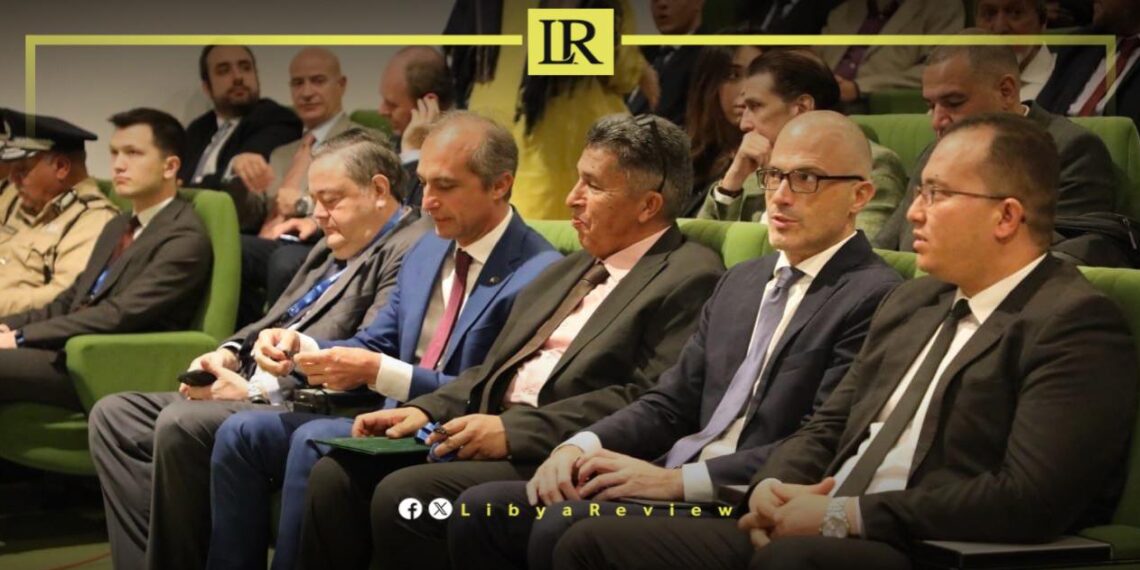The European Union Mission in Libya launched, Monday, the TAIEX workshop on the protection and preservation of archaeological sites in Libya, in collaboration with the Libyan Department of Antiquities.
This pivotal event delves into several critical topics, including the legal frameworks for protecting cultural heritage, measures to counter the trafficking of antiquities, and the role of international actors in preserving Libya’s rich history.
Experts from five European Union member countries will discuss best practices to support the efforts in protecting and restoring Libya’s archaeological sites and emphasize the crucial role of integrated cultural heritage management in achieving sustainable development within the country.
This workshop represents a significant opportunity to explore restoration activities and archaeological work in Libya, and how we can collaborate to ensure the sustainability and preservation of Libyan cultural heritage for future generations.
The TAIEX program, an initiative of the European Union, specializes in the exchange of expertise across various domains, further highlighting its commitment to fostering international cooperation in cultural heritage protection.
Earlier, the European Union Ambassador to Libya, Nicola Orlando, has called for the protection of Libyan cultural heritage from looting, trafficking, and vandalism.
Orlando inaugurated an international conference on the protection of Libyan cultural heritage in Tripoli on Sunday, with the participation of 20 experts from five European countries.
Among the participants were archaeological missions, and representatives from law enforcement agencies from Italy, in cooperation with the Department of Antiquities and Tourist Police of the Ministry of Interior.
“Libyan cultural heritage is extraordinary. It belongs to all Libyans and to humanity. It represents our rich, common Mediterranean roots. Its economic and employment potential is remarkable,” he said.
“This is why together we must protect it from looting, trafficking and vandalism,” he added.
He emphasised that the European Union and its member states are proud of their partnership to protect and preserve Libyan cultural heritage, contributing to national unity and reconciliation.


